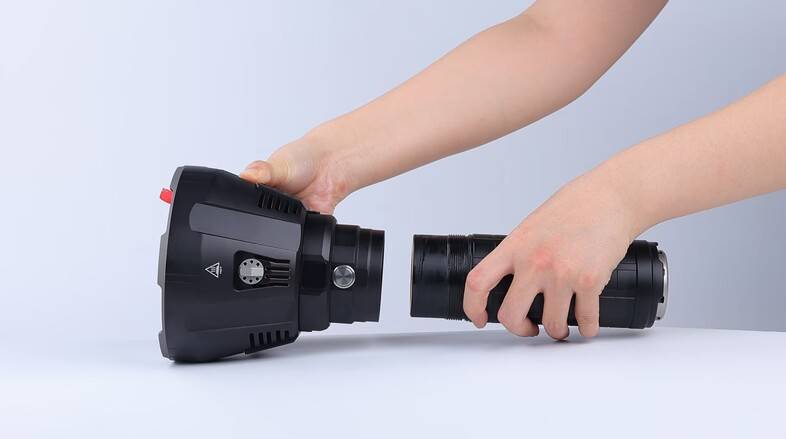No Products in the Cart
I was gifted an HT70 at Christmas 2024. The light has been excellent, I really like that you could get another battery and have that on hand to swap out quickly. (We haven't done that yet but you could) I recently ran into a problem with the switch on the top for selecting red, soft white or bright white light. I contacted Imalent about the issue I was having. They requested a video of the problem. No further questions asked other than to send a picture of the serial number - they replaced the entire headlamp. I'm absolutely blown away by the quality of service and the speed at which it happened. Thank you Imalent!
The light is very bright but a wide beam that can’t be focused. Not exactly what I need.


